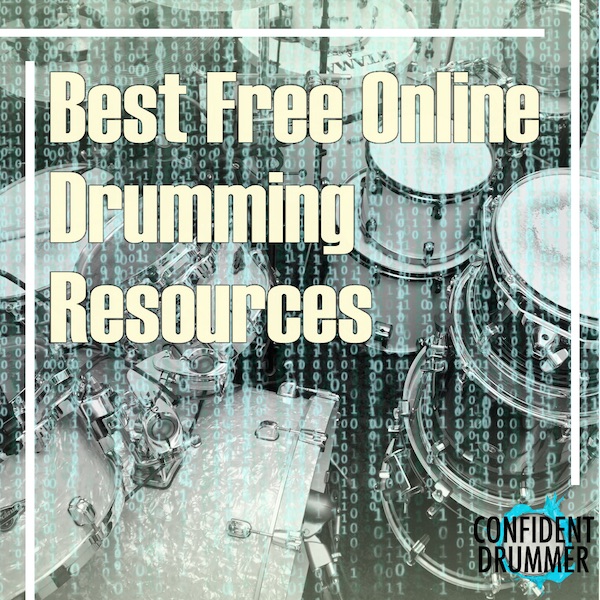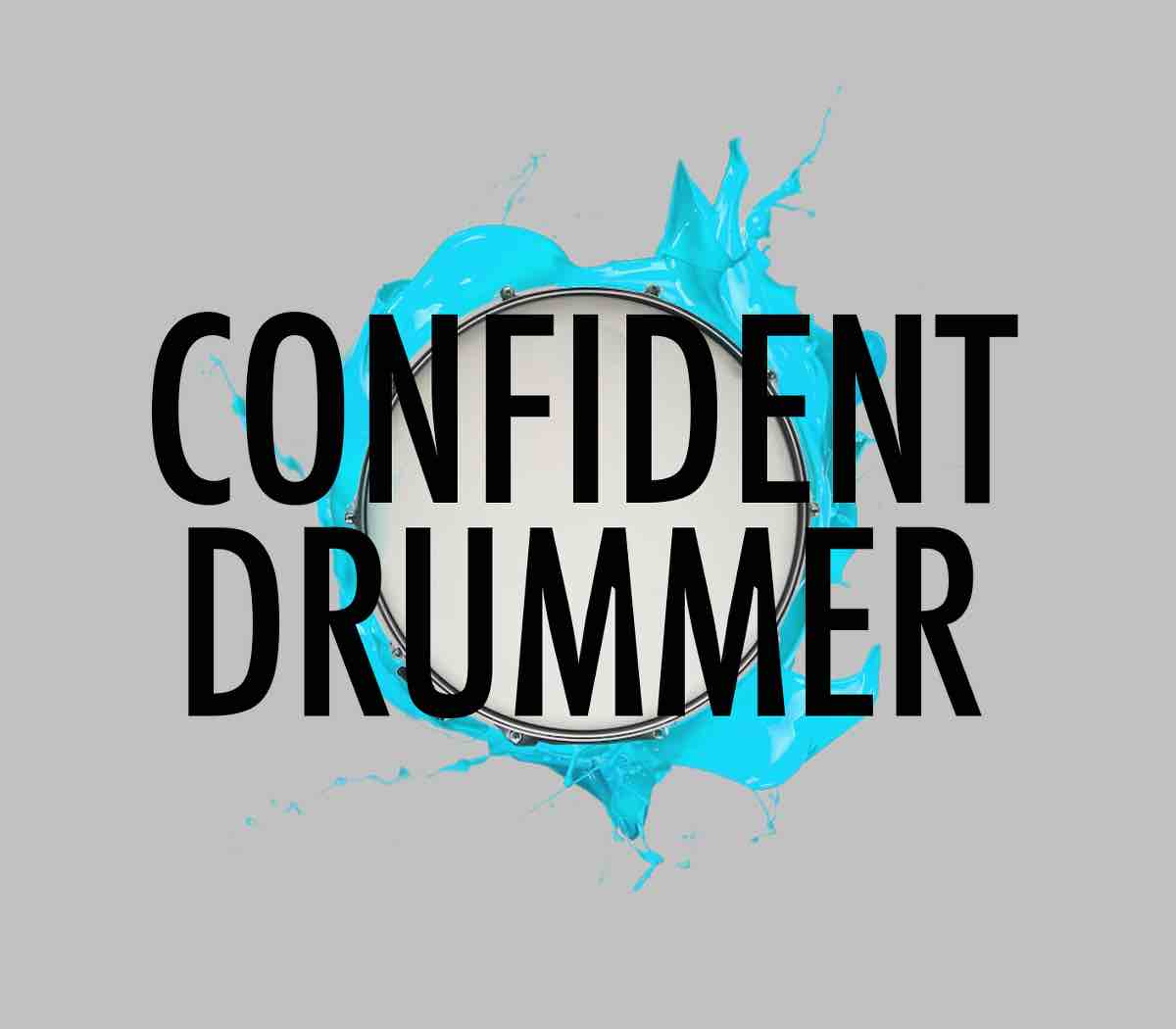As I explain in my mission page, I believe the most effective approach to learning anything is cross-referencing a multitude of different resources. The reason lies in the fact that there’s actually no single ultimate answer, secret or ‘hack’, despite many people seemingly being in love with these concepts.
The more challenging, but also more beautiful reality, is that regardless of what we are trying to achieve, we need to find our own solutions, because each of us needs a slightly different version of the ‘truth’, that works the best for the way we see things and function as human beings.
That means that no matter how influential, competent and reliable is the source from which we derive techniques and solutions, we ultimately need to use our own judgement to separate what works for us from what doesn’t.
Yes, I’m saying that even my books and resources may not be what best suits your objectives: there are enough marketing geniuses trying to manipulate people with claims like ‘the ultimate untold hidden secret game-changing hack that nobody on earth knows about and in five minutes will transform your drumming forever’ 😀
I want you to decide for yourself.
So, in this perspective, I thought it would be important to put together a list of the best resources I have found on the internet over the years, and share them with you so that you can try this approach and see how effective it is. Which, by the way, also helps to increase one of the most useful skills you can develop in life: critical thinking.
The method I recommend is simple yet very powerful. Pick any area you’d like to improve. Then do your own research and find at least ten different sources that teach you something about that. Then compare, test, and over a period of a few weeks decide what gives you the results you want.
Using this approach is what led me to come up with the materials I share on this portal, which are the product of over two decades of work.
Yet, again, these can be nothing but just my points of view, which are still relative and not absolute (meaning they don’t necessarily work for everyone).
I divided the content in six categories:
– Websites. Although today we have hundreds of great paid resources, there’s still a huge amount of freely accessible material, which is the focus of this list.
– Blogs. Blogs are in my opinion a public newsletter. The difference is that instead of sharing content privately with subscribers, the author publishes it on the web, free for everyone to access.
– YouTube Channels. We all love to learn by watching, and listening. That’s because it works, and also because sometimes in our busy days it’s the only way to squeeze in a few minutes of drumming education.
– Forums. Forums are an incredible source of knowledge, in which is pretty common to discover pearls of wisdom shared by true masters on all topics related to drumming.
– Transcriptions. It’s amazing how many expert drummers spend hundreds of hours of work to transcribe the craziest stuff and then publish everything free of charge. That shows how unique the drumming community is.
– Drumless Tracks. What a great way to practice and increase our musicianship. There are many free channels with tracks that you can download and use to record yourself and hear how well you play a certain genre, song, mood, or cover.
Of course, in these last two cases, it’s not really about comparing, it’s just about making good use of the free materials.

I am not a fan of restrictions or conditions: when the first thing that appears when I open a page is a pop up prompting me to enter my email, I tend to run away as fast as possible.
Hey, everyone needs to make a living, yet there is a way to do it without being so pushy and toxic (like the whole ‘hit the like button, subscribe, turn the notification bell on’ mantra we all hear a quadrillion times a day…).
It’s first of all about sharing and contributing, then about whatever type of gain. So I tried to stick to resources that don’t require any subscription or personal data.
Last but not least, I’m in no way affiliated to these websites, I don’t personally know any of these publishers and this is just my independent opinion. Enough of that, here is the list 😉
– Websites:
1- MODERN DRUMMER The popular magazine website has a great selection of free lessons with transcriptions and videos from top drummers.
2- DRUM MAGAZINE Same thing here, many incredible resources clearly organized and easily accessible.
3- DAILY CHOPS Tons of good stuff. This guy is amazing.
4- ART OF DRUMMING Excellent collection of free courses by some of the greatest drummers. This is the only resource I included which requires your data in order to get in.
5- VIRTUAL DRUMMING Nice and comprehensive selection of drum lessons, transcriptions, and even games.
6- ONLINE DRUMMER Hundreds of interesting quick drum lessons covering many topics.
– Blogs:
FEEDSPOT In this case I’m sharing this link to a fantastic Drum Blogs aggregator, which is part of the FeedSpot content aggregator portal, and is constantly updated with the list of the most influential drum blogs (of which the Confident Drummer Blog is proudly a part of). I recommend you regularly check their website.
– YouTube Channels:
1- ABB DRUMS
2- 80/20 DRUMMER
3- 180 DRUMS
4- LOUIE PALMER
5- DRUM CHANNEL
6- VIC FIRTH
7- ZILDJIAN
8- TAMA
9- DRUM COMPILATIONS
– Forums:
1- DRUMMER WORLD
2- DRUM FORUM
3- PEARL DRUMMERS FORUM
4- DRUM CHAT
5- SUBREDDIT
– Transcriptions:
1- DRUM NINJA
2- ROBERT FERREL
3- ALEX BLACK DRUMS
4- EUGENIY IVANNIKOV
5- SIGHT READ DRUMS
– Drumless Tracks:
1- FREE DRUMLESS TRACKS
2- JAM’IN BACKING TRACKS
3- DRUMLESS BACKING TRACKS
4- FREE DRUMLESS SONGS
5- DRUMLESS TRACKS
6- VIC FIRTH + ZILDJIAN PLAYALONG
Many of these resources and websites have also channels and blogs, so definitely check them out and make the most of the knowledge available.
One last recommendation. There’s only one risk involved in having access to such a huge wealth of information. And that’s the risk of getting lost. This is especially true for Reddit, YouTube and even some forums, in which the way the platform is designed can easily be distracting and lead to compulsive clicking.
Just make sure you don’t end up thumbing through hundreds of pages without actually acquiring any concrete knowledge about the topic you are researching. For this reason it can be extremely useful to do all of this (and also study drums) under the guidance of a good teacher.
But anyhow, keep in mind that the goal is to compare, test, cross-reference and ultimately find your own way of doing things.
Related resources:
The Four Parts Of Drumming – A New Understanding To Help You Improve Faster
Fast Learning – How to Quickly Improve on The Drums
It takes 10.000 Hours – The Simple Rule to Become a Great Drummer
‘Actualized Drummer – Paths To Reach Your Full Potential’



















